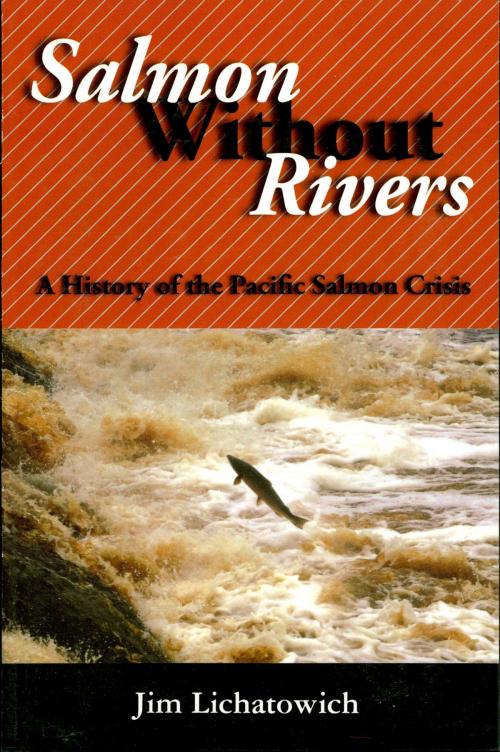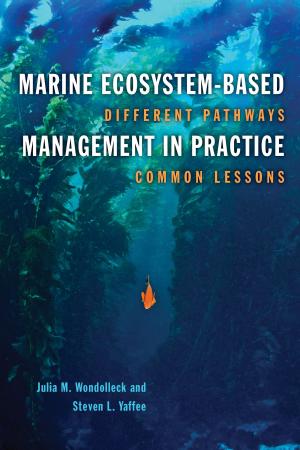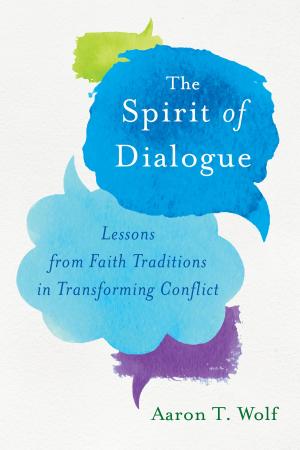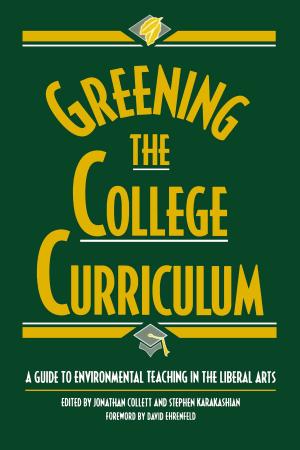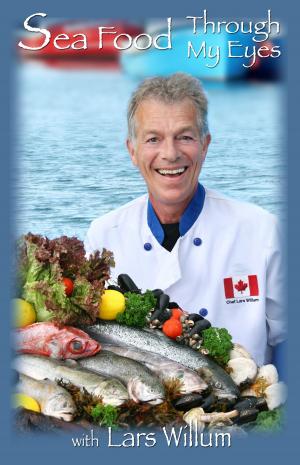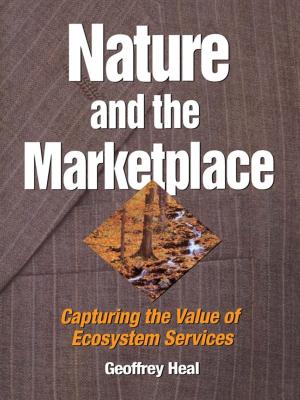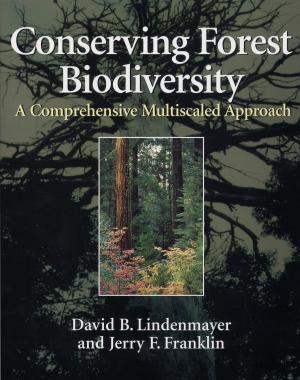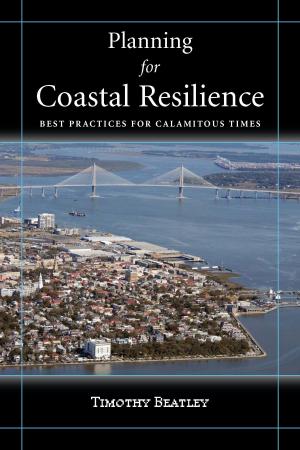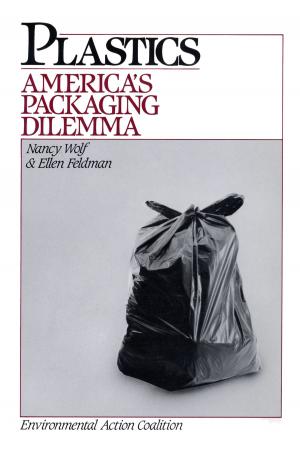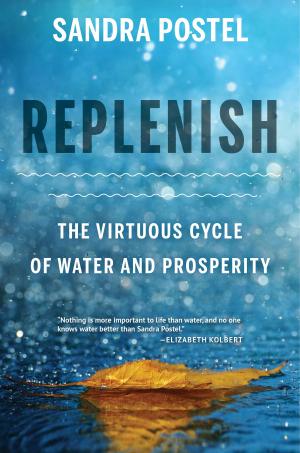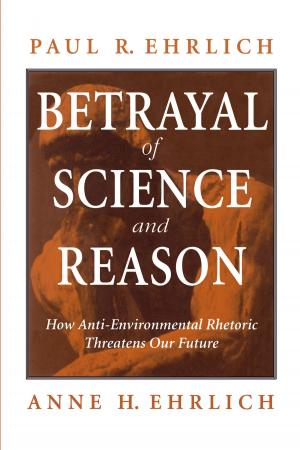Salmon Without Rivers
A History Of The Pacific Salmon Crisis
Nonfiction, Science & Nature, Nature, Fish & Ocean Life, Fish, Environment, Environmental Conservation & Protection| Author: | James A. Lichatowich | ISBN: | 9781597268899 |
| Publisher: | Island Press | Publication: | February 22, 2013 |
| Imprint: | Island Press | Language: | English |
| Author: | James A. Lichatowich |
| ISBN: | 9781597268899 |
| Publisher: | Island Press |
| Publication: | February 22, 2013 |
| Imprint: | Island Press |
| Language: | English |
From a mountain top where an eagle carries a salmon carcass to feed its young to the oceanic waters of the California current and the Alaskan Gyre, salmon have penetrated the Northwest to an extent unmatched by other animals. Since the turn of the twentieth century, natural productivity of salmon in Oregon, Washington, California, and Idaho has declined 80 percent. The decline of Pacific salmon to the brink of extinction is a sign of serious problems in the region.
In Salmon Without Rivers, fisheries biologist Jim Lichatowich offers an eye-opening look at the roots and evolution of the salmon crisis in the Pacific Northwest. He describes the multitude of factors over the past century and a half that have led to the salmon's decline, and examines the failure of restoration efforts that have focused almost exclusively on hatcheries to return salmon stocks to healthy levels without addressing underlying causes of the decline.
Lichatowich argues that the dominant worldview of our society -- a worldview that denies connections between humans and the natural world -- has created the conflict that characterizes the recent history of salmon; unless that worldview is challenged, there is little hope for recovery. Salmon Without Rivers exposes the myths that have guided recent human-salmon interactions. It explains the difficult choices facing citizens of the region, and provides unique insight into one of the most tragic chapters in our nation's environmental history.
In Salmon Without Rivers, fisheries biologist Jim Lichatowich offers an eye-opening look at the roots and evolution of the salmon crisis in the Pacific Northwest. He describes the multitude of factors over the past century and a half that have led to the salmon's decline, and examines the failure of restoration efforts that have focused almost exclusively on hatcheries to return salmon stocks to healthy levels without addressing underlying causes of the decline.
Lichatowich argues that the dominant worldview of our society -- a worldview that denies connections between humans and the natural world -- has created the conflict that characterizes the recent history of salmon; unless that worldview is challenged, there is little hope for recovery. Salmon Without Rivers exposes the myths that have guided recent human-salmon interactions. It explains the difficult choices facing citizens of the region, and provides unique insight into one of the most tragic chapters in our nation's environmental history.
From a mountain top where an eagle carries a salmon carcass to feed its young to the oceanic waters of the California current and the Alaskan Gyre, salmon have penetrated the Northwest to an extent unmatched by other animals. Since the turn of the twentieth century, natural productivity of salmon in Oregon, Washington, California, and Idaho has declined 80 percent. The decline of Pacific salmon to the brink of extinction is a sign of serious problems in the region.
In Salmon Without Rivers, fisheries biologist Jim Lichatowich offers an eye-opening look at the roots and evolution of the salmon crisis in the Pacific Northwest. He describes the multitude of factors over the past century and a half that have led to the salmon's decline, and examines the failure of restoration efforts that have focused almost exclusively on hatcheries to return salmon stocks to healthy levels without addressing underlying causes of the decline.
Lichatowich argues that the dominant worldview of our society -- a worldview that denies connections between humans and the natural world -- has created the conflict that characterizes the recent history of salmon; unless that worldview is challenged, there is little hope for recovery. Salmon Without Rivers exposes the myths that have guided recent human-salmon interactions. It explains the difficult choices facing citizens of the region, and provides unique insight into one of the most tragic chapters in our nation's environmental history.
In Salmon Without Rivers, fisheries biologist Jim Lichatowich offers an eye-opening look at the roots and evolution of the salmon crisis in the Pacific Northwest. He describes the multitude of factors over the past century and a half that have led to the salmon's decline, and examines the failure of restoration efforts that have focused almost exclusively on hatcheries to return salmon stocks to healthy levels without addressing underlying causes of the decline.
Lichatowich argues that the dominant worldview of our society -- a worldview that denies connections between humans and the natural world -- has created the conflict that characterizes the recent history of salmon; unless that worldview is challenged, there is little hope for recovery. Salmon Without Rivers exposes the myths that have guided recent human-salmon interactions. It explains the difficult choices facing citizens of the region, and provides unique insight into one of the most tragic chapters in our nation's environmental history.
